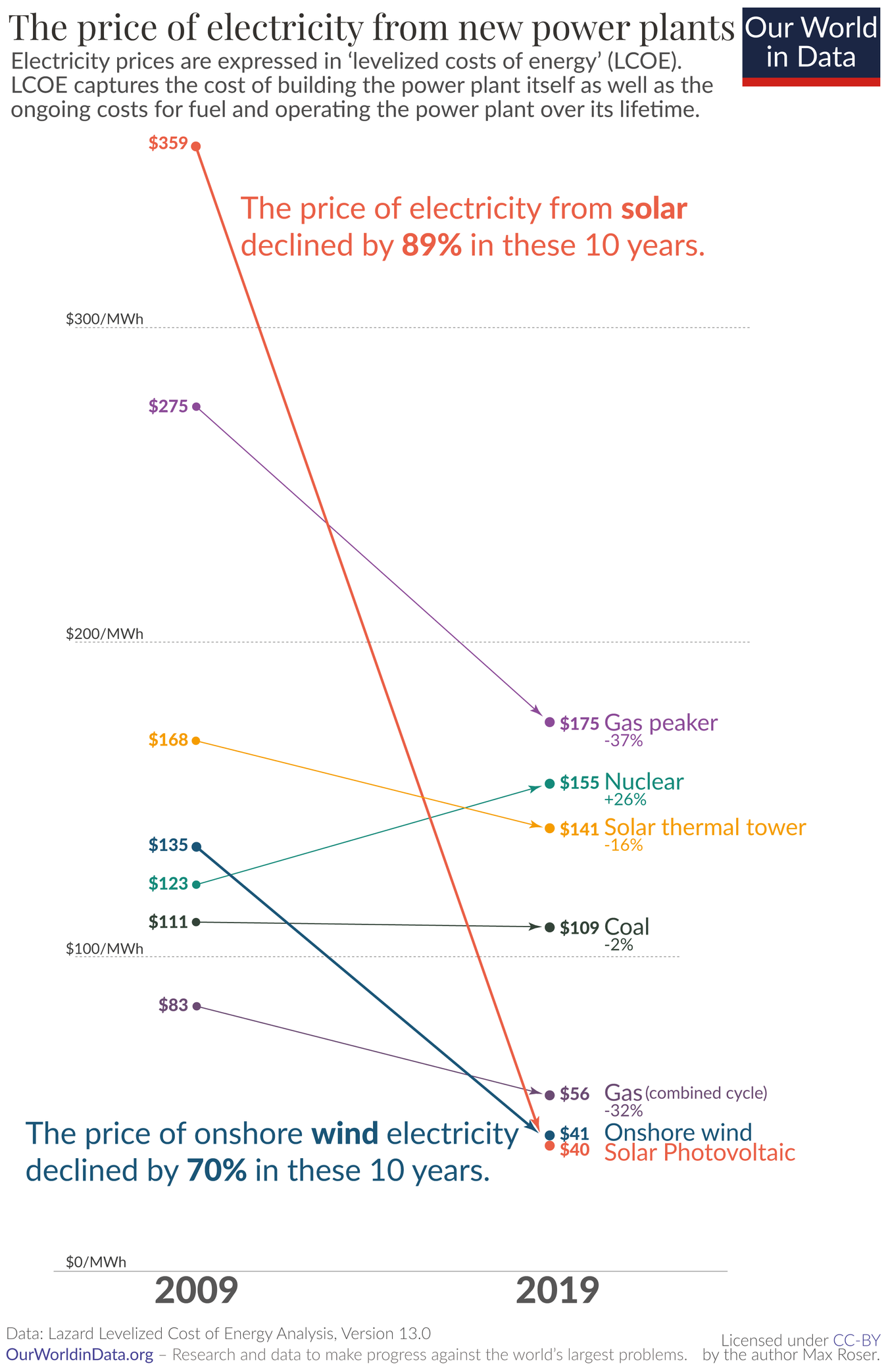Technology
This is the official technology community of Lemmy.ml for all news related to creation and use of technology, and to facilitate civil, meaningful discussion around it.
Ask in DM before posting product reviews or ads. All such posts otherwise are subject to removal.
Rules:
1: All Lemmy rules apply
2: Do not post low effort posts
3: NEVER post naziped*gore stuff
4: Always post article URLs or their archived version URLs as sources, NOT screenshots. Help the blind users.
5: personal rants of Big Tech CEOs like Elon Musk are unwelcome (does not include posts about their companies affecting wide range of people)
6: no advertisement posts unless verified as legitimate and non-exploitative/non-consumerist
7: crypto related posts, unless essential, are disallowed
view the rest of the comments

Hydrogen is the answer for that, cost about 100k today hopefully those cost will decline fast
https://www.homepowersolutions.de/produkt/
The problem with Hydrogen, is that its not efficient (fuel cells apparently are only 40-60% efficient). In contrast, batteries are 90% or more efficient (and improving)
So, you'd be wasting 50% of the power generated, and wasting fresh water too.. Thats all assuming too that the additional minerals in the water won't cause extra issues either.
Battery costs keep dropping, and the technology keeps improving rapidly.
If they can get the efficiency much higher, maybe.. It also might make sense for long range cars (at the moment) due to energy density
But, in practice, companies like BP and traditional gas companies are the main ones who benefit from a hydrogen economy. Because they can use non-renewable to undercut everyone